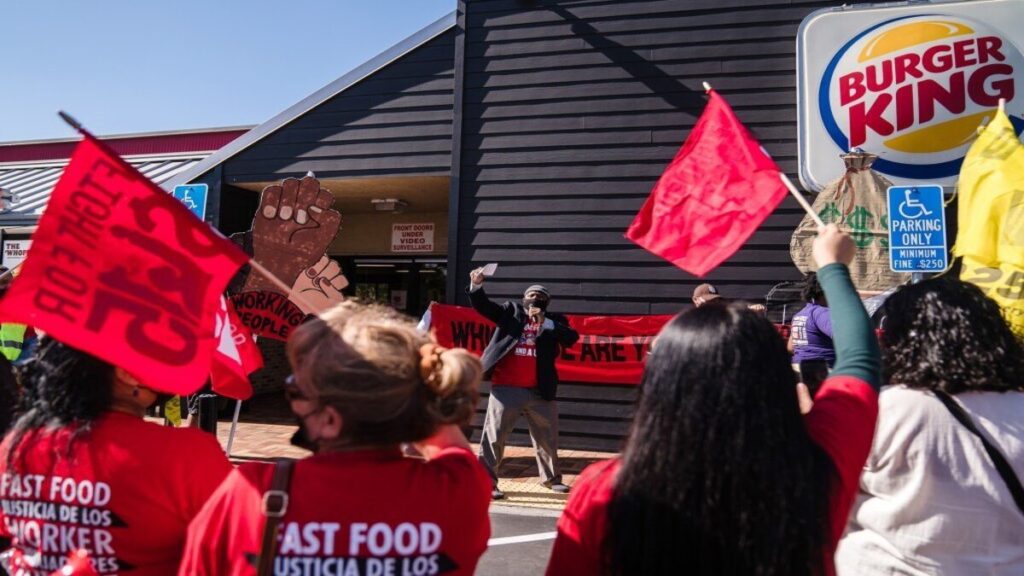
On September 28, 2023, California Governor Gavin Newsom signed Assembly Bill (AB) No. 1228 into law, marking a significant shift in the state’s labor landscape.
The legislation, which repealed the FAST Food Accountability and Standards Recovery Act (FAST Recovery Act) (AB 257), introduces a $20-per-hour minimum wage for fast food workers, alongside other notable provisions.
Fast food employees across California are set to benefit from this landmark decision, with the minimum wage hike scheduled for April 1, 2024. The new law stipulates that the minimum wage for fast food workers will increase annually through 2029, providing a crucial boost to thousands of workers in the industry.
A key component of AB No. 1228 is the establishment of the Fast Food Council, tasked with overseeing working conditions within the fast food sector. Comprising nine members appointed by the governor and legislative representatives, the council will play a pivotal role in setting and adjusting the minimum wage for fast-food employees from 2025 to 2029.
ALSO READ: Northern California Police Arrest 14-Year-Old Boy in Connection to High School Shooting
Additionally, it can recommend regulations addressing various workplace concerns, such as health and safety, security, and protection against harassment or discrimination. The law’s scope extends to businesses categorized as “fast food restaurants,” defined as establishments within California that are part of a national fast food chain.
This definition encompasses restaurants with more than 60 establishments nationwide, sharing a familiar brand and offering standardized options for decor, marketing, packaging, products, and services. Notably, the law excludes certain businesses operating as bakeries from its purview.
POLL — Is Climate Change a Major Threat That Requires Immediate Policy Action?
Starting April 1, 2024, fast food restaurant employees must be compensated at a minimum rate of $20 per hour. This hourly wage may be subject to further increases determined by the Fast Food Council, beginning January 1, 2025, and tied to the Consumer Price Index.
However, the council’s authority to adjust the minimum wage is set to expire at the end of 2029, pending any future legislative amendments. AB No. 1228 also marks the repeal of the FAST Recovery Act and the withdrawal of an industry-sponsored voter referendum slated for the November 2024 election.
ALSO READ: Concerns Grow Over Food Affordability Amid Biden’s Economic Optimism
The FAST Recovery Act, if retained, would have raised the minimum wage to $22 per hour in 2023, with subsequent annual increases. Moreover, it would have granted the Fast Food Council broader powers to regulate working conditions in the fast food industry.
As California prepares to implement AB No. 1228, businesses operating as fast food restaurants must assess their status as part of a national chain and anticipate the forthcoming wage increase. Employers should also remain vigilant for additional regulations once the Fast Food Council convenes in 2024, underscoring the significant implications of this transformative legislation for the state’s labor landscape.
You Might Also Like:
JLo and Ben Affleck Became a Sensation After Reigniting Old Flames: Inside Their Love Story
New York Law To Require Chick-fil-A to Open on Sundays
Chicago Shelter System in Shambles as Migrants Dig Through Trash for Food While Living in Buses
Mississippi Withdraws from Child Food Program Amid Fierce Backlashes
Bronx Food Pantry Turns Families Away for the First Time in a Decade
